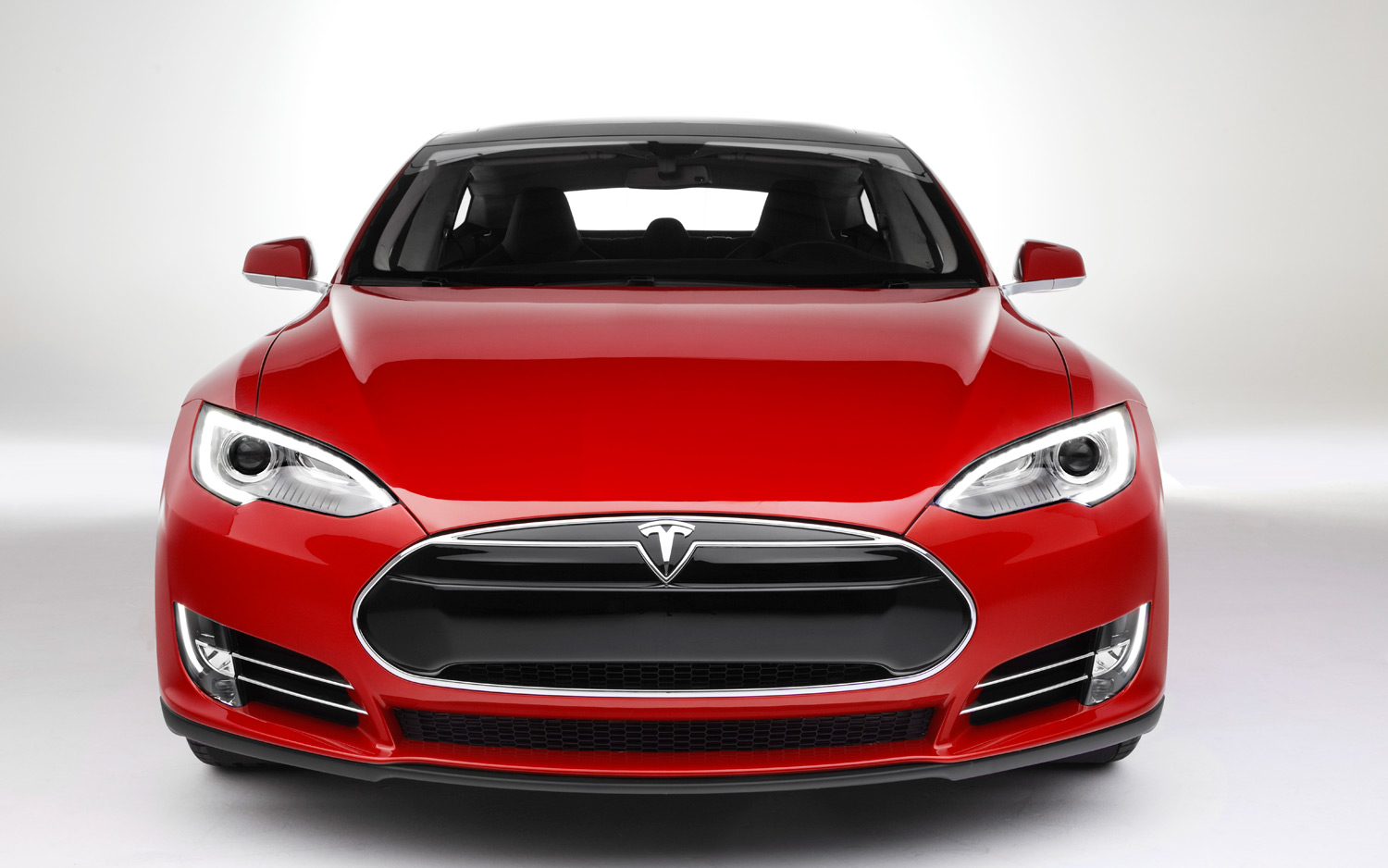Judged by health criterial almonds are a supper food. You can't go wrong. But, analyzed from social and ecological criterial the almond boom doesn't look so good.
2013 Motor Trend's Car of the Year...
is the Tesla Model S. It is the first time an internal combustion engine automobile has not won the award. To quell any squabbling that this is eco-hype, Motor Trend says, "At its core, the Tesla Model S is simply a damned good car you happen to plug in to refuel."
image via motortrend.com
Mining the Great Ocean Landfill
Image via Dwell
Method's new Ocean Plastic line of soap strikes me as classic greenwashing. But, hey, if they want to commodify and mine the gigantic floating island of plastic trash out in the Pacific Ocean, go ahead. However, making and buying these products does not strike me as a good solution to the plastic problem. File under: Shopping Our Way to Safety.
Nest Thermostat's True Value: Social
Nest Labs has released the Nest Learning Thermostat 2.0 nearly a year after 1.0 was released. As Nest continues to innovate in the smart, green thermostat space, marketing and perceived value has always tended towards: how much money does this save me? However, after one year of data collection by Nest, the deeper value in Nest is its social and aggregate value.
Nest is able to collect data on energy use and energy savings (read their stats here and download the whitepaper) Nest translates that into a monetary figure for average money saved. What is really exciting about Nest is its sociological implications for connected, networked based energy production, consumption, and data collection. As Nest Labs continues to collect user data we will begin to learn how people use energy and how we can improve energy efficiency and overall reduction.
Nest Labs markets the Nest as, how we can save you money, but the larger, sociological implications of networked and data producing energy devices is Nest's real social value. And that is more exciting, and in the long run, more important than personal savings.
Energy Democracy
I won't give away David Roberts' punchline, read the article, but I'll start you with this:
Just as a cleaner electricity system would be preferable, so too would a more small-d democratic system, one that distributes economic and social power more widely.
Honeywell Killed Off its Learning Thermostat 20 Years Ago
I missed this one:
Katie Fahrenbacher, writing for GigaOM back in February, reported that, according to Honeywell, the company "found that consumers prefer to control the thermostat, rather than being controlled by the thermostat” and decided to cease development. Twenty years later, however, Nest Labs entered the thermostat market with in 2011 with a learning thermostat, one that requires no programming or fiddling to save money and energy use.
This past year, the Nest has gotten huge press and great reviews. Subsequently, Honeywell has sued Nest over the Nest Learning Thermostat, claiming it violated a string of patents. Interestingly, technology writer and iOS developer, Marco Arment has dinged the Nest for having weak programming abilities, a downside according to Arment of a learning thermostat, though Arment generally likes the Nest in other areas.
For the past year Nest has been a great case to watch as it attempts to disrupt the thermostat industry and points to the potential to connect internet technology and energy use and reduction.


